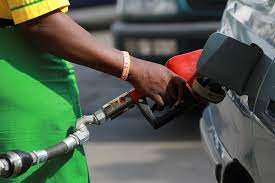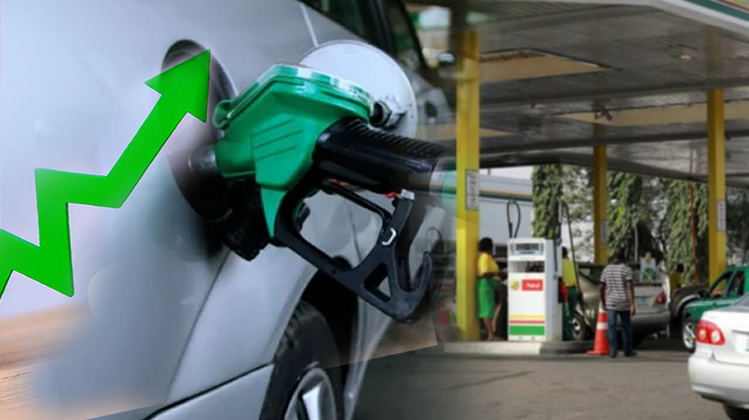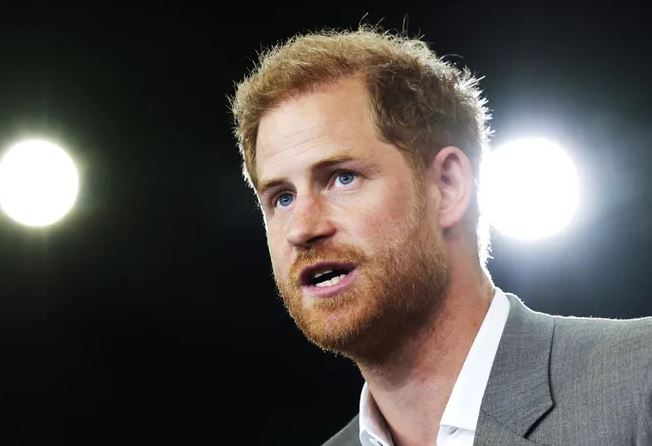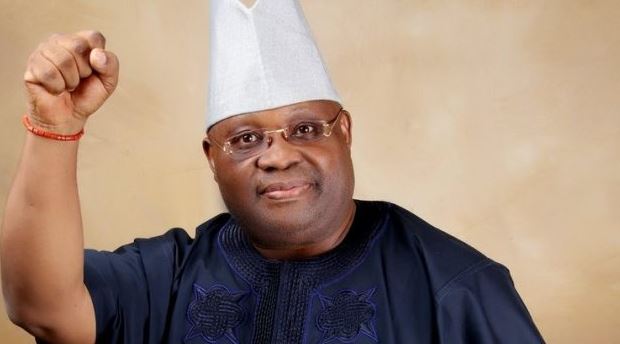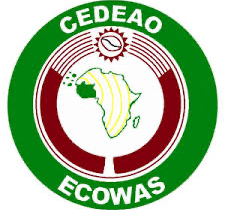Average monthly West African petrol imports fell by 56 percent in the second quarter, according to data sourced from Refinitiv Eikon.
June loadings from the Amsterdam-Rotterdam-Antwerp hub to West Africa fell to 629,000 tonnes from 895,000 tonnes last year, Refinitiv data showed.
Loadings dropped to 627,000 tonnes in July so far this year from 1.5 million tonnes last year.
“The key point is that demand from West Africa is drying up,” said Refinitiv Lead Oil Analyst Raj Rajendran.
Demand for petrol from Nigeria has also reduced since the removal of petrol subsidies on May 29.
Despite the decrease in demand, foreign refiners from Russia, the Middle East and Europe are currently competing to increase exports of their refined petrol to Nigeria.
A report last week revealed that the importation of petrol from Russia shot up by 84 percent in the last year.
According to data from Argus on Nigeria’s gasoline European trade overview, the rising share of Russian petrol finding a home in Nigeria has so far risen to 24,000 barrels per day in 2023, compared with 3,700 b/d in 2022.
An increase in direct Russian gasoline flows into West Africa started in January, but cumulative volumes, while growing from virtually non-existent in recent years to around 800,000 tonnes year-to-date, are still small, according to Refinitiv Eikon data, the Reuters report said.
“One of Europe’s main markets for gasoline has shrunk, threatening to squeeze European refiners, after Nigeria removed fuel subsidies, which destroyed much of the country’s domestic demand and a regional market for smuggled fuel.
“North America and West Africa, with Nigeria at the helm, historically have been the top two destinations for petrol exports from Europe, which produces more gasoline than it uses, meaning its refiners rely on exports to support profit margins.
“A steady decline in European refining margins in recent years, as competition from the Middle East, the United States, and Asia grew, was reversed when fears of fuel supply shortages boosted profits after Russia’s invasion of Ukraine,” the report said.
So far, benchmark profit margins for gasoline in northwestern Europe have held firm at around $27 a barrel, Refinitiv Eikon data shows.
They have been supported by demand from North America, a shortage of high-quality blending materials, and disruption caused by low wave levels inland and local refinery outages.
But analysts say the reduction of flows following the upheaval in Nigeria would increase pressure on European refiners, and any winners would likely be newer Middle Eastern refineries.
Nigeria’s petrol demand reportedly fell by 28 per cent since the removal of subsidies.
Symptomatic of the fall in demand, onshore gasoline stocks in the country had climbed to 960,000 tonnes from an average 613,000 tonnes between January and June, said Jeremy Parker at the CITAC consultancy, which focuses on Africa’s downstream energy market.
Nigeria relies heavily on petrol importation because of its inadequate domestic refining capacity.


